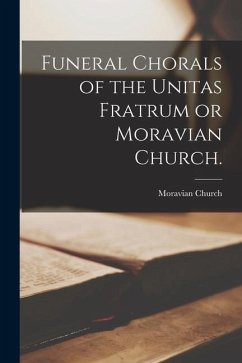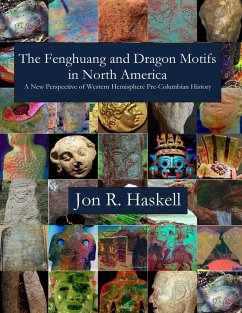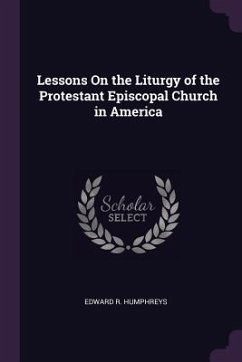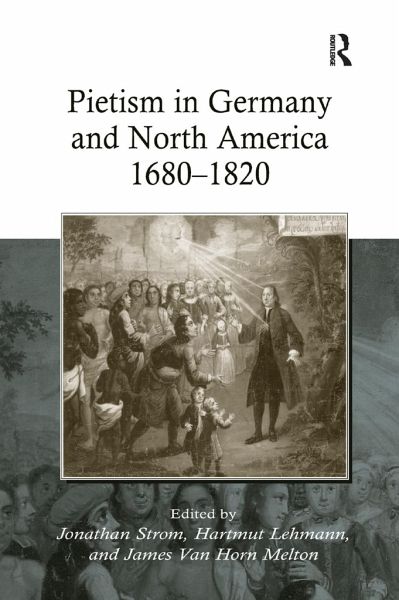
Pietism in Germany and North America 1680-1820
Versandkostenfrei!
Sofort lieferbar
53,99 €
inkl. MwSt.
Weitere Ausgaben:

PAYBACK Punkte
27 °P sammeln!
This collection explores different approaches to contextualizing and conceptualizing the history of Pietism, particularly German-speaking Pietistic groups who migrated to the British colonies in North America during the long eighteenth century. Emerging in the seventeenth century, Pietism was closely related to Puritanism, sharing similar evangelical and heterogeneous characteristics. The importance of Pietism in shaping Protestant society and culture in Europe and North America has long been recognized, but as a topic of scholarly inquiry, it has until now received little interdisciplinary at...
This collection explores different approaches to contextualizing and conceptualizing the history of Pietism, particularly German-speaking Pietistic groups who migrated to the British colonies in North America during the long eighteenth century. Emerging in the seventeenth century, Pietism was closely related to Puritanism, sharing similar evangelical and heterogeneous characteristics. The importance of Pietism in shaping Protestant society and culture in Europe and North America has long been recognized, but as a topic of scholarly inquiry, it has until now received little interdisciplinary attention. Offering essays by leading scholars from a range of fields this volume provides the first overview of the subject, helping to situate Pietism in the broader Atlantic context, and making an important contribution to understanding religious life in Europe and colonial North America during the eighteenth century.





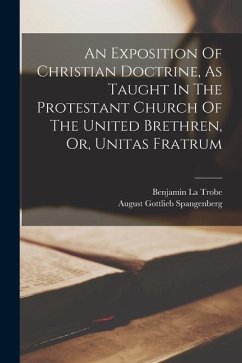
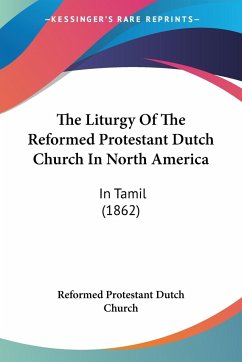
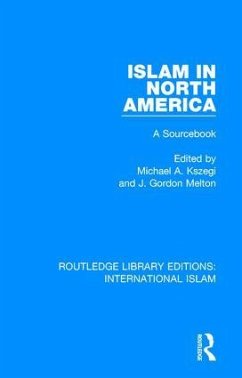
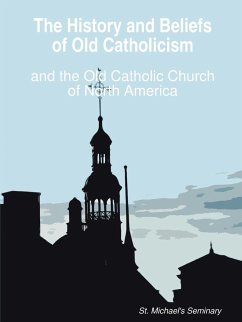
![Travels in Prince Edward Island, Gulf of St. Lawrence, North-America, in the Years 1820-21 [microform]: Undertaken With a Design to Establish Sabbath Cover Travels in Prince Edward Island, Gulf of St. Lawrence, North-America, in the Years 1820-21 [microform]: Undertaken With a Design to Establish Sabbath](https://bilder.buecher.de/produkte/65/65629/65629383n.jpg)

